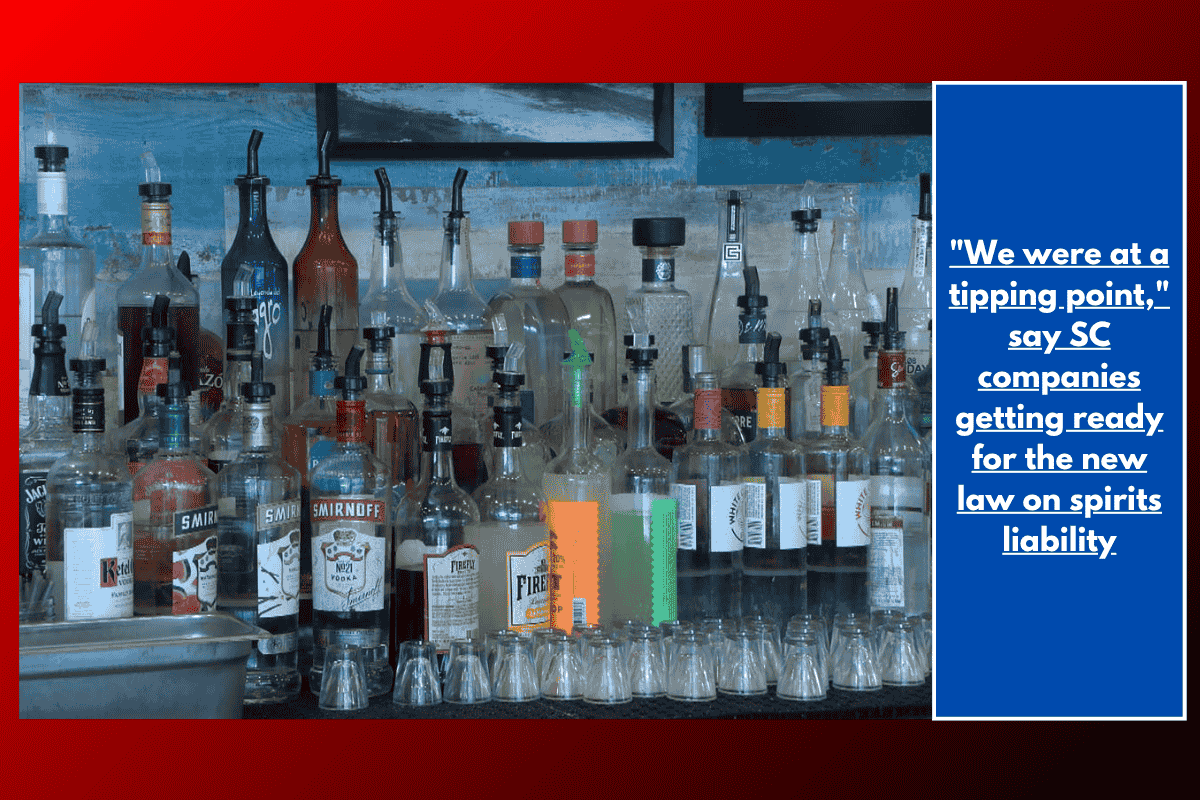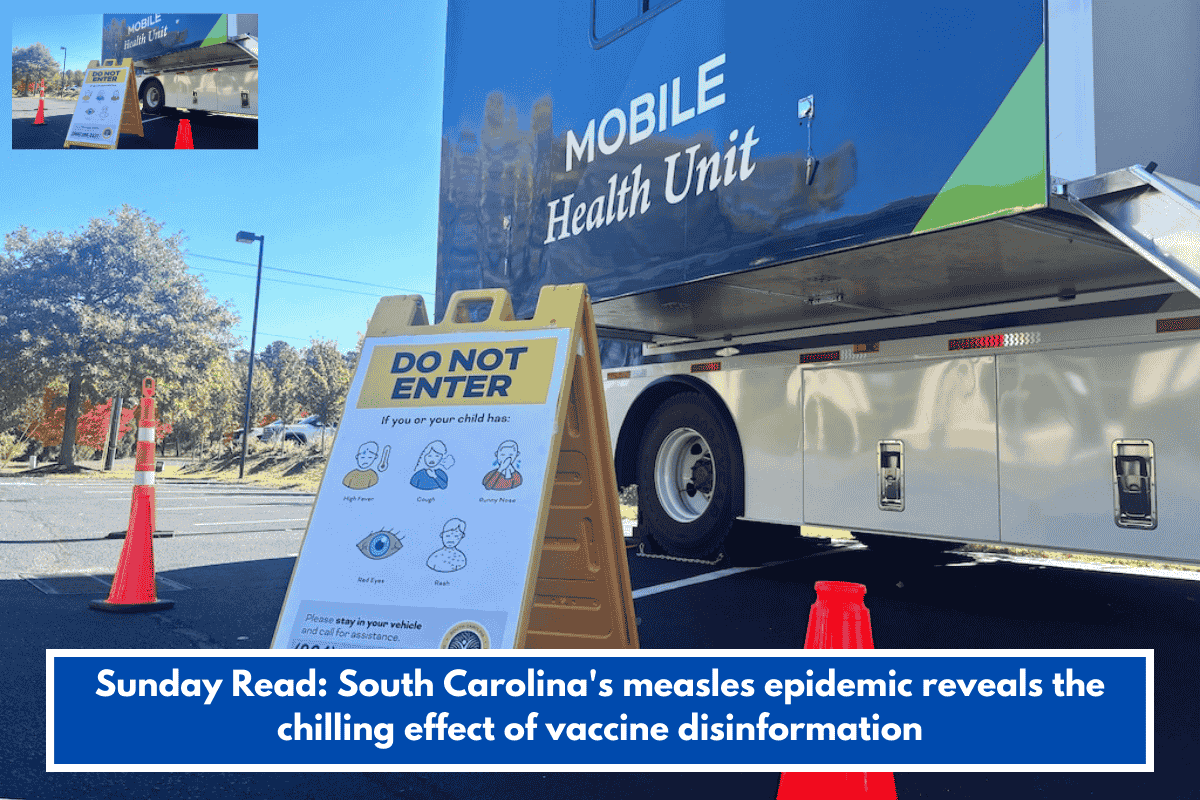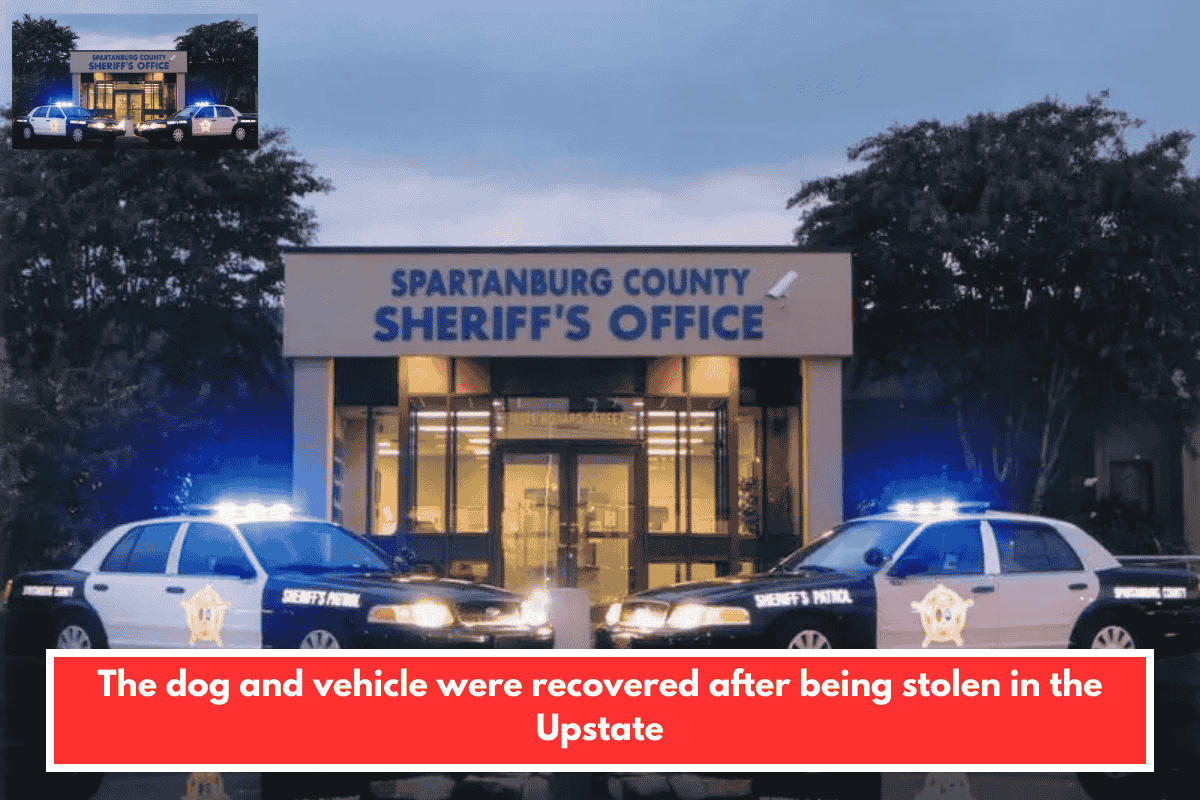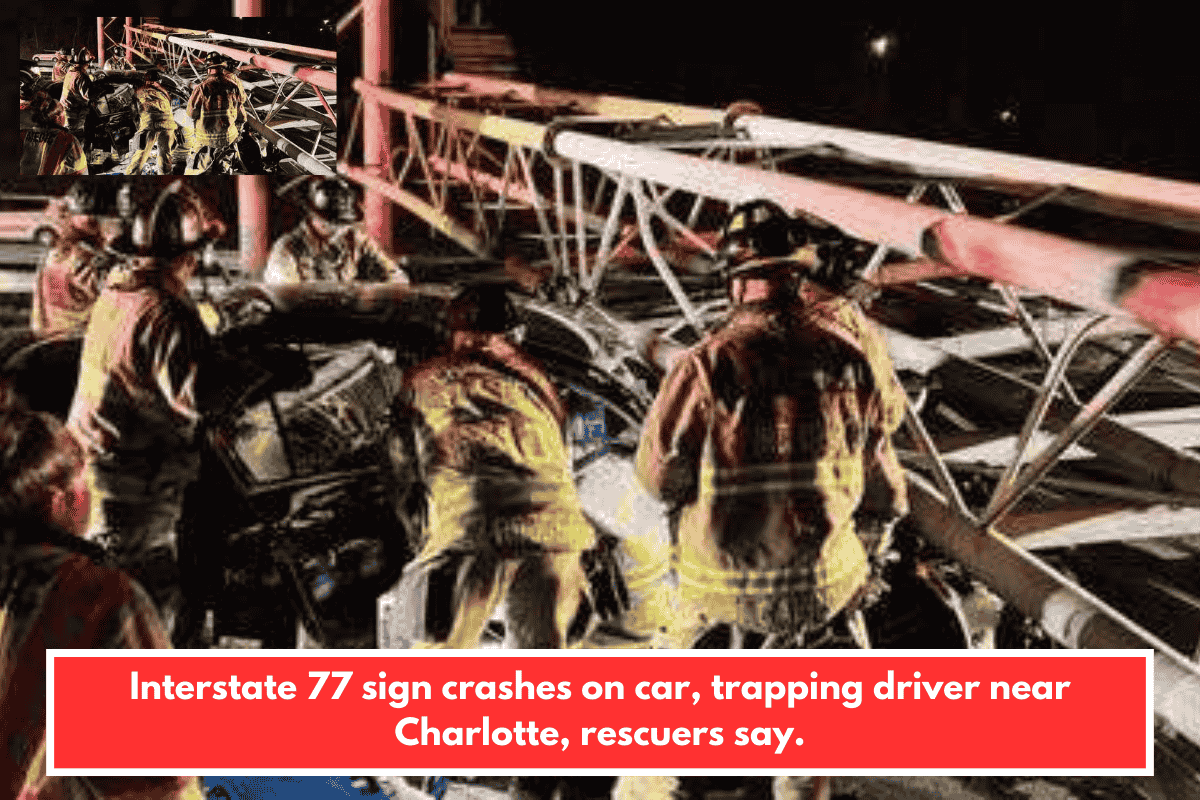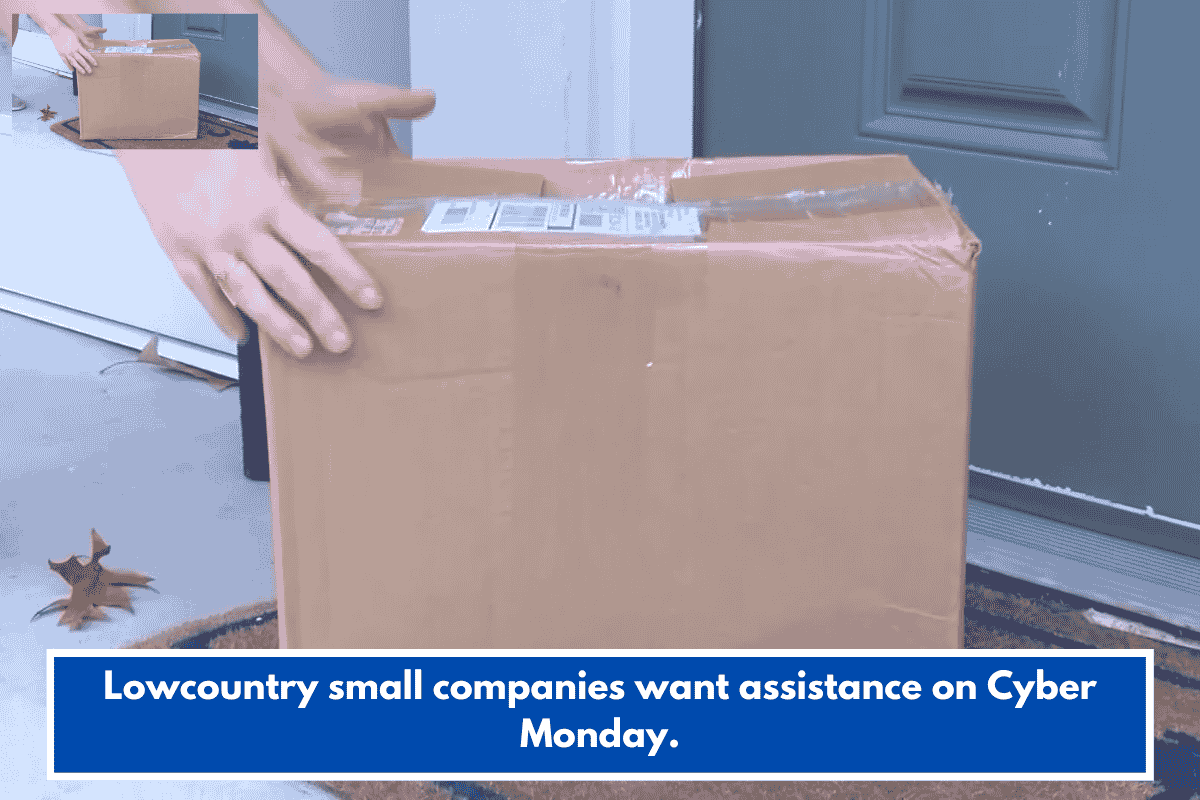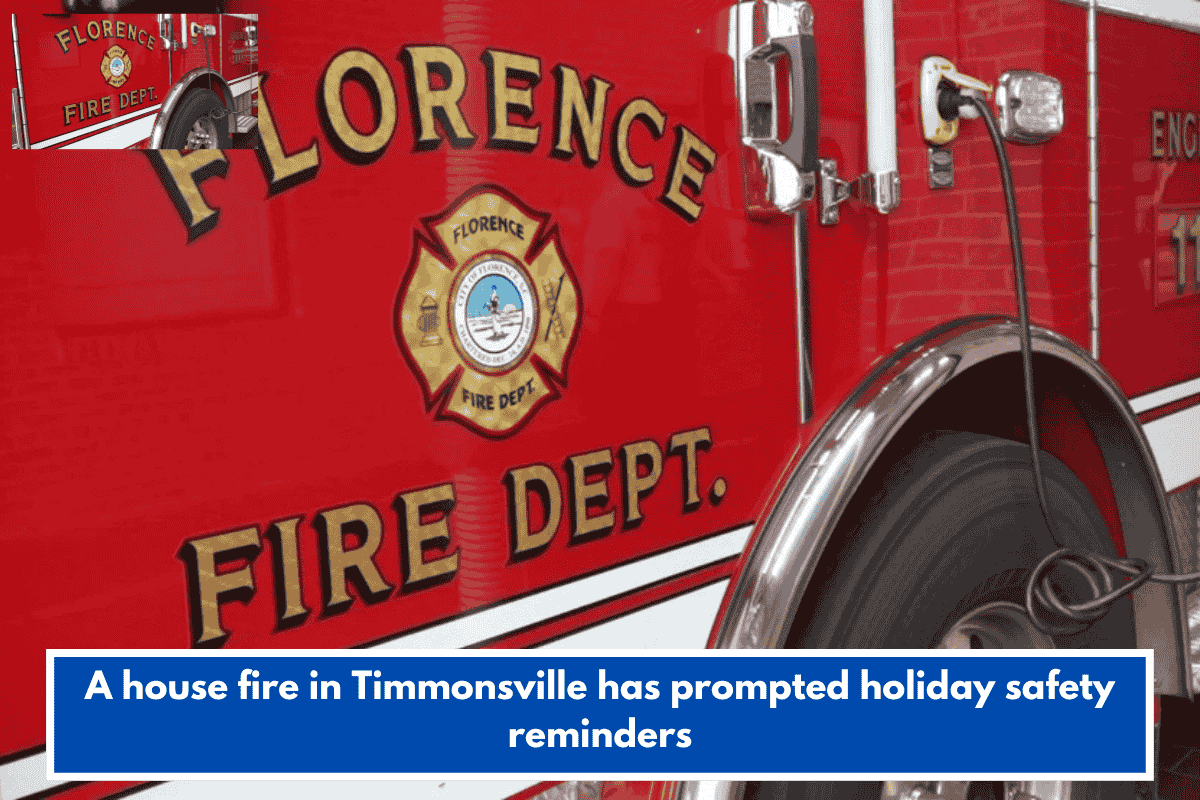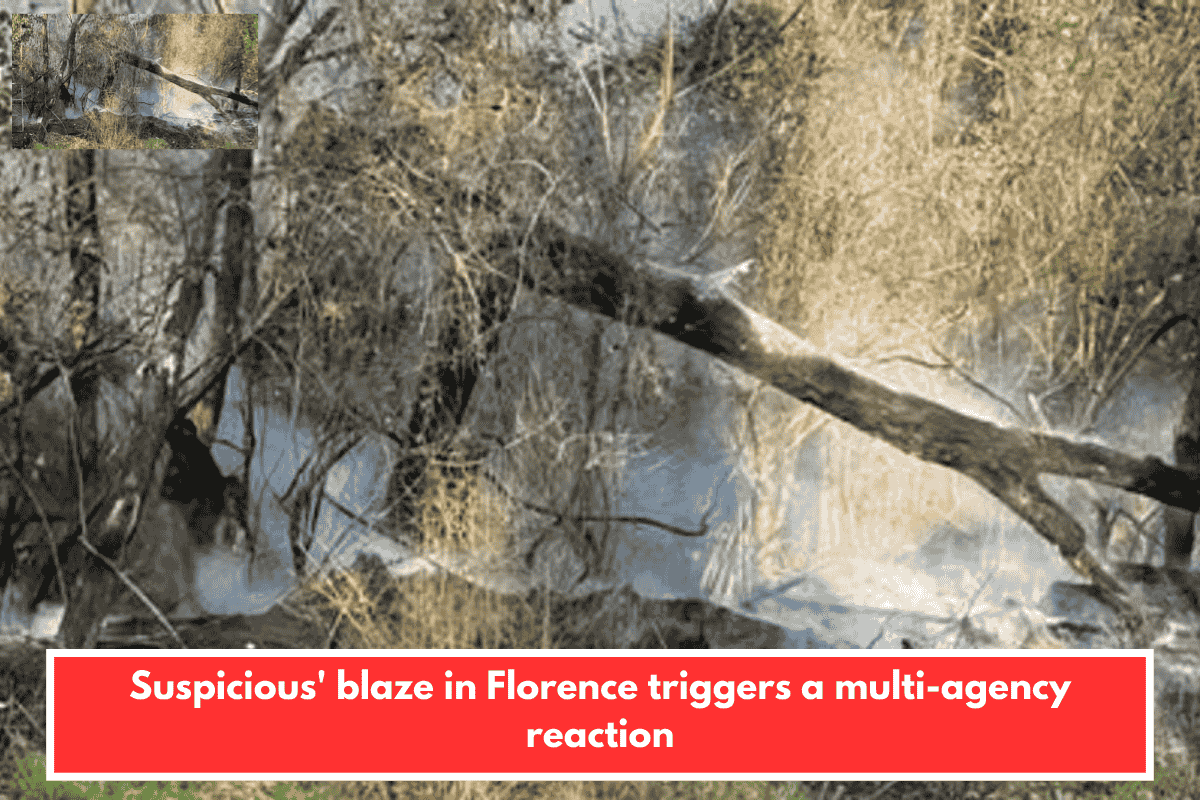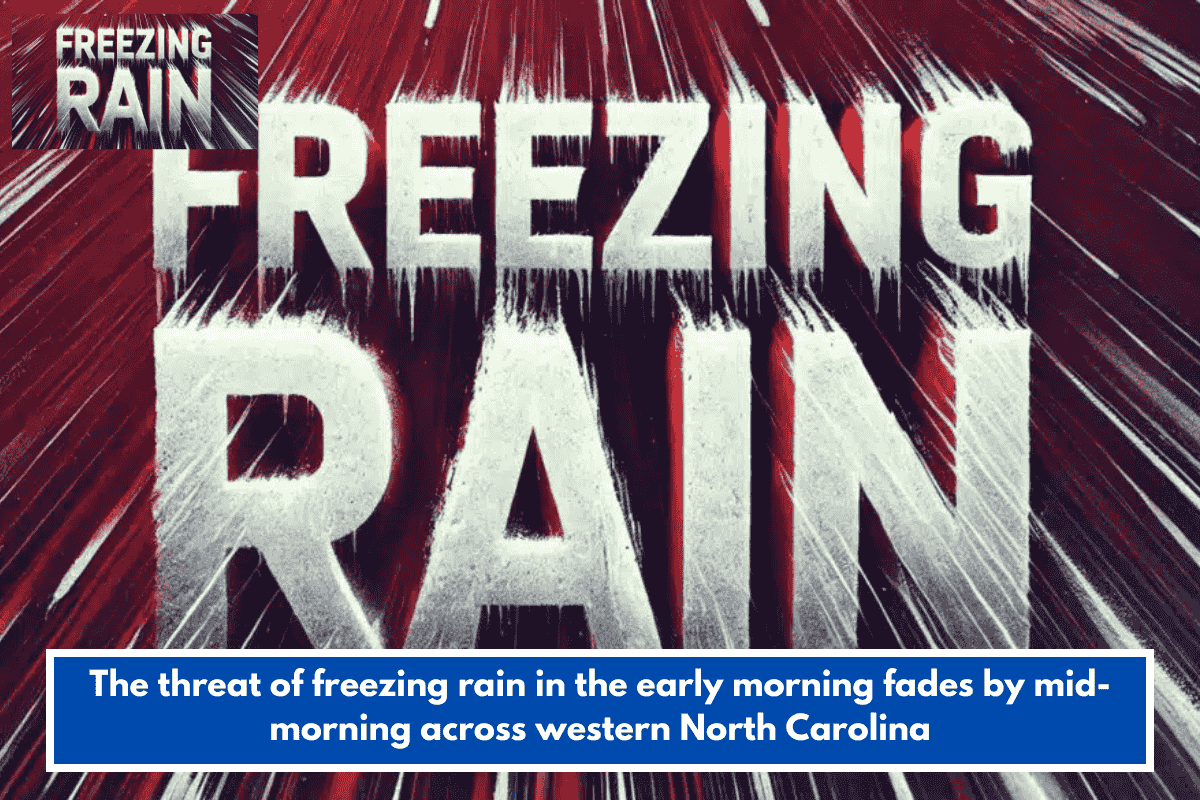Charleston, S.C. – This July 4th weekend marks the last one under South Carolina’s current liquor liability system. Starting on January 1, 2026, a new law will change how liquor liability insurance works for bars and restaurants, giving hope to struggling businesses across the Lowcountry.
The Struggle with High Insurance Costs
For years, many bars and restaurants in Charleston, including fan favorites like Share House and Uptown Social, have faced skyrocketing liquor liability insurance costs. These high premiums have led to several businesses closing their doors.
“We were at a tipping point,” said Keith Benjamin, co-founder of Uptown Hospitality Group, reflecting on the challenges his business faced with rising insurance rates. “It was frankly a runaway train.”
What the New Law Means for Businesses
The new law keeps the existing requirement that alcohol-serving establishments carry at least $1 million in liquor liability insurance coverage. However, it introduces ways for businesses to lower their insurance costs by following specific measures:
Ending alcohol sales at midnight
Having employees complete alcohol server training
Limiting alcohol sales to less than 40% of total revenue
These changes are expected to reduce the burden on many bars and restaurants that are struggling with high insurance premiums.
Impact on Local Businesses
Benjamin, who operates several businesses in the area, sees this law as a step in the right direction. He believes it will help businesses like his, which have been directly impacted by the rising insurance rates. “We’ve already implemented many of the steps that the new law requires, like proper scanners and safe service training,” he added.
The hospitality industry plays a significant role in Charleston’s economy, and without legislative action like this, many local businesses could have faced even greater challenges.
Support for the New Law
Rep. Spencer Wetmore, a representative from Charleston, expressed hope that the new bill would relieve some of the financial pressure on small businesses. “We sincerely hope that this bill lessens the burdens for our small businesses and the hospitality industry that drives Charleston,” Wetmore said.
Business owners like Roy Neal, owner of El Jefe Mexican Cantina, also see the new law as a positive step. Neal, who operates on King Street, believes that requiring more training for bartenders, servers, and front-door staff will make a difference. “The more training you can have with your staff, the better,” he said.
Concerns and Challenges
While many businesses welcome the new law, some still have concerns. Certain requirements to qualify for lower coverage costs—such as limiting alcohol sales and cutting off alcohol sales at midnight—may pose challenges for some establishments that rely on late-night business.
With the hospitality industry being one of the key drivers of revenue in Charleston, the new liquor liability law brings much-needed relief. While there are some challenges ahead, local business owners are optimistic that the new measures will help them stay open and thrive in the coming years.

